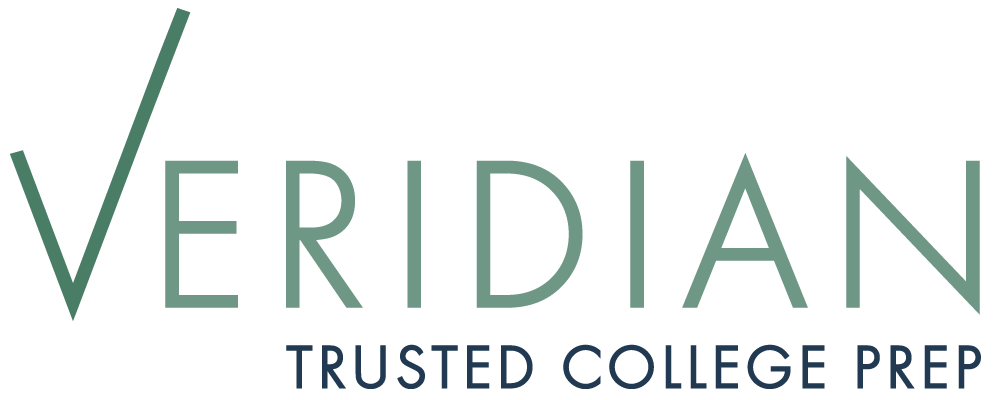5 Important Questions To Ask When Choosing A Tutor
As a tutor, I spend the vast majority of my time answering questions. I answer questions about sentence structure from frustrated students, and questions about test-day procedures from anxious ones. I also field plenty of questions from parents about everything from college admissions policies to building a great resume. I give advice on the finer points of college essay organization as well as on the big questions about choosing a university or a major.
Yet all too often, parents neglect to ask some important questions up front. Picking a tutor — or, for that matter, a piano teacher, private lacrosse coach, or STEM mentor — is a highly personal endeavor. There’s no “right” resume that a tutor can offer that will ensure his or her skills are a good fit for your family.
There are, however, some probing questions you can ask to help you figure out if a tutor will work well with your child. Here are the most important ones to ask any potential hire before you commit.
1. What’s Your Philosophy of Teaching and Learning?
A great tutor is, above all, a good teacher. That means that the tutor is more than just an expert in the subject matter — knowing how the SAT and ACT systems work is just the beginning.
An excellent tutor has also given thought to how they relate to their students and has taken the time to think about the best way to reach them. When you ask this question, you are looking for signs that the tutor knows how to motivate students and is committed to fostering a growth mindset — the belief that you can accomplish a great deal with enough practice. Listen for answers that hint at building confidence and self-esteem as well as a focus on academics.
2. How Do You Break Down Concepts for Students?
Many parents assume that they need a tutor with an Ivy-league degree to help their kids get into a top school, but that’s actually not true at all. Attending an Ivy doesn’t necessarily make one an expert on admissions, and a sought-after degree doesn’t always make for an excellent teacher.
If you’ve ever suffered through a class taught by a professor who was clearly brilliant but couldn’t communicate ideas simply enough for the class to grasp them, you know that credentials aren’t everything. A good tutor will be a clear communicator who carefully breaks big ideas down into small pieces and can relate complex topics to real-world examples that are relevant to kids.
Pro Tip: A great tutor will do this naturally when answering your questions, and will often be reaching for pen and paper to sketch an answer out for you. If he or she does this for you, it’s a great sign for your student!
3. How Do You Connect With Students?
For your child to do well with a tutor — especially if he or she is struggling — a strong personal relationship is key. Most tutors only spend an hour or two each week with your child, so it’s crucial to build that relationship as quickly as possible.
Ask any potential tutors specifically how they connect with different learners. You can follow up by asking what type of student they work best with, and what their own personal interests are. If you sense a good match between the tutor and your child based on these answers, you can almost certainly count on a good relationship developing between them.
4. Why Did You Become a Tutor?
Unlike public or private school teachers who have a degree in education their and have often passed a state teaching exam, tutors don’t have any qualifying hoops to jump through — but that doesn’t mean that they don’t have to be qualified!
In addition to checking credentials in the form of a resume, testimonials, or references, ask more about why they chose their profession. You may get many different answers, but what you’re looking for above all is enthusiasm — for teaching, for kids, and for the subject matter. You can hear authentic passion in the voice and see it in the eyes!
5. What Are Some of Your Success Stories?
This question will show you two things. First, it will highlight the depth of a tutor’s experience and track record. A good tutor will have many - and varied - success stories to share, whether they’re about significant testing gains, acceptances into top colleges, or a student’s triumph over unique challenges. A variety of successes — not just a focus on numbers — will demonstrate that the tutor sees your child as a whole person.
Second, pay close attention to how the tutor speaks about these success stories. Are there specific details that show the tutor was connected to the student as a person, or are the examples more about numbers on a page? Great tutors tend to build relationships that last, so if you hear evidence that they are still in touch with some of their students, or are now working with a student’s younger siblings, it’s a great sign!
Posing these five questions will help you get a sense of any potential tutor’s personality, experience, and teaching style. You should, of course, always check references and gather relevant information on rates, cancellation policies and availability — all of which will also factor into your decision.
Also, don’t forget to get your student involved in the process! Ideally, your child will be able to sit in on the interview and/or have a trial tutoring session to see if they click with the tutor. With all of that information in front of you, you should be able to hire a tutor that will be a great fit for your child.
Curious about my personal answers to some of these questions? Check out my interview with Erica Meltzer at The Critical Reader to learn more about my educational philosophy, student successes, and some important tips for parents and students. You can also learn more about how we approach tutoring on our FAQ and tutor profiles.

